Nonfiction
Nonfiction is a genre of literature that presents factual information, real events, and actual people. It includes biographies, memoirs, essays, and journalistic works.
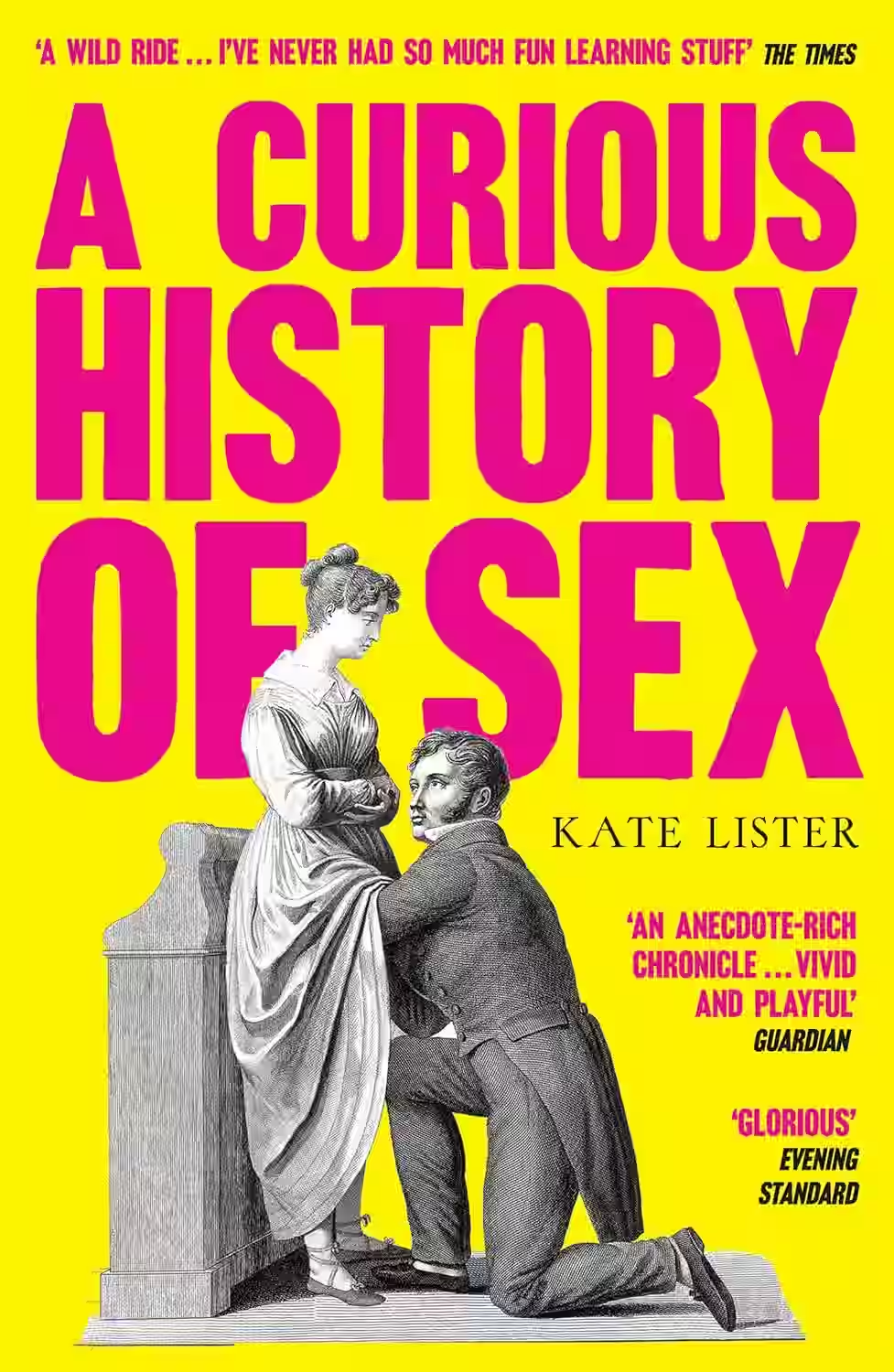
A Curious History of Sex
by Kate Lister
In 'A Curious History of Sex,' Kate Lister delves into the intriguing and often surprising history of human sexuality. From ancient times to modern-day, Lister explores various aspects of sex, including taboos, practices, and societal perceptions. Through a blend of scholarly research and witty writing, she presents a comprehensive and captivating account of how sex has evolved over centuries. Lister's book sheds light on lesser-known facts and provides a fresh perspective on a topic often shrouded in mystery and misinformation. Readers will be both educated and entertained by this thought-provoking journey through the annals of sexual history.
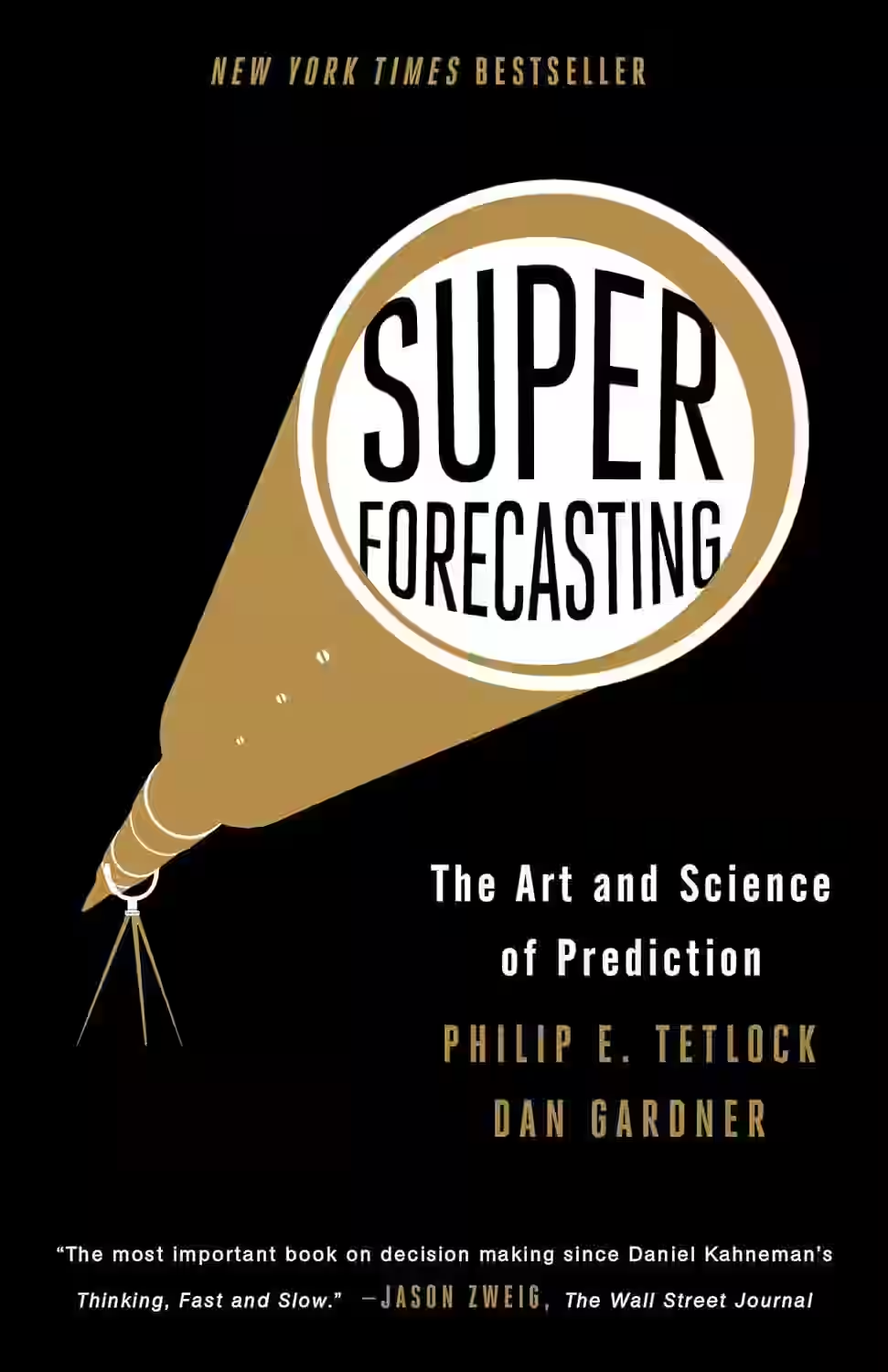
Superforecasting: The Art and Science of Prediction
by Philip E. Tetlock, Dan Gardner
In 'Superforecasting: The Art and Science of Prediction' by Philip E. Tetlock, readers are taken on a fascinating journey into the world of forecasting and prediction. Tetlock delves into the techniques and strategies of 'superforecasters' - individuals with an exceptional ability to predict future events accurately. Through compelling anecdotes and research findings, the book explores the nuances of forecasting, emphasizing the importance of critical thinking, probabilistic reasoning, and constant learning. Tetlock's work challenges conventional wisdom on prediction and offers valuable insights applicable to a wide range of fields. It is a thought-provoking read that sheds light on the intricacies of decision-making and foresight.

Make Your Bed: Little Things That Can Change Your Life...And Maybe the World
In 'Make Your Bed: Little Things That Can Change Your Life...And Maybe the World,' Admiral William H. McRaven delivers a powerful message through simple yet impactful lessons he learned during Navy SEAL training. Through anecdotes and personal experiences, McRaven emphasizes the transformative power of discipline, hard work, and making small changes that can lead to significant results. The book encourages readers to start their day with a sense of accomplishment by making their bed, symbolizing the importance of taking control of one's life through daily habits. McRaven's inspirational guidance resonates beyond the military realm, offering valuable insights applicable to all aspects of life.
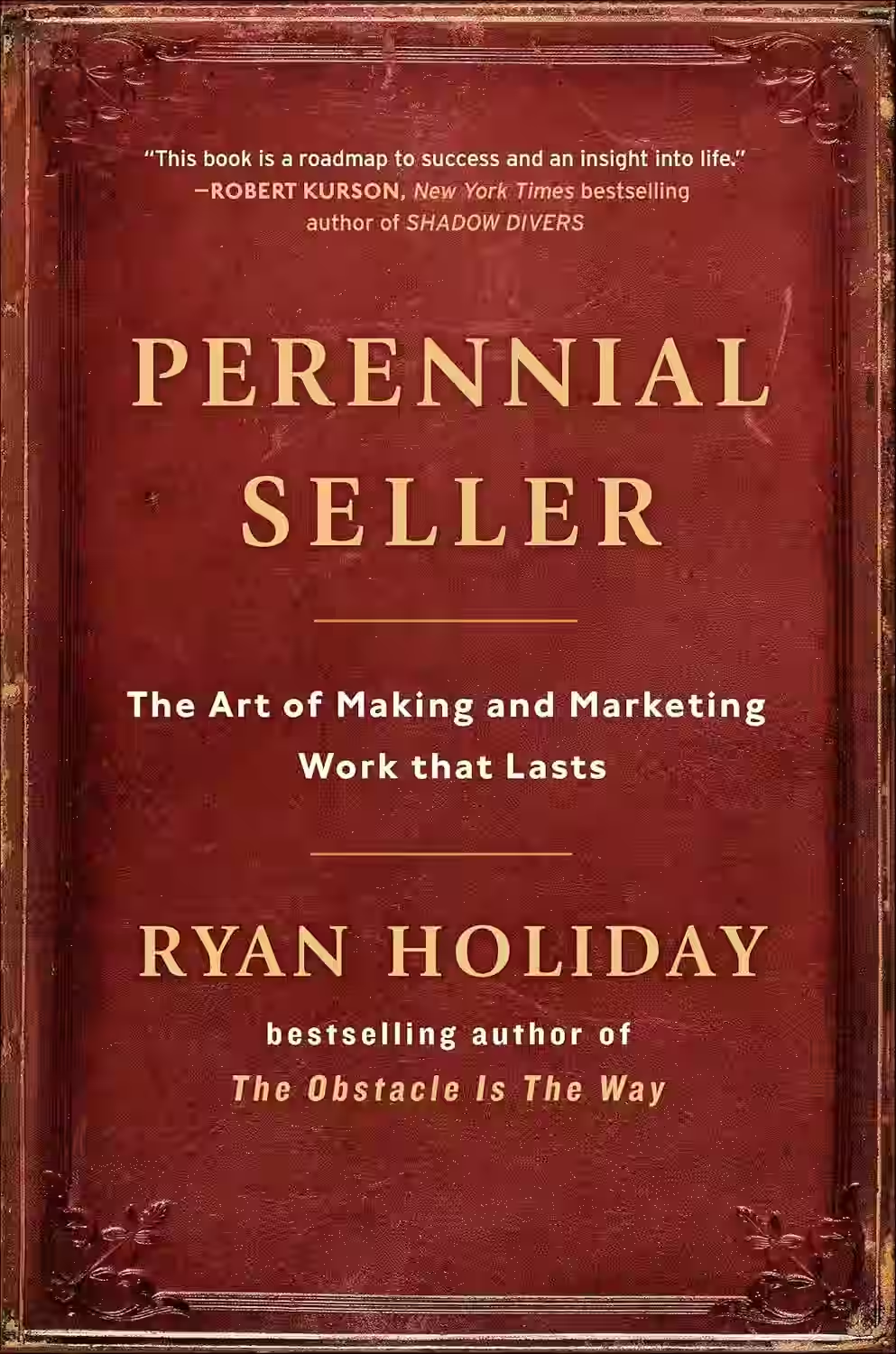
Perennial Seller
by Ryan Holiday
In 'Perennial Seller,' Ryan Holiday dives deep into the strategies and principles behind creating timeless works that consistently resonate with audiences. Through insightful analysis and compelling anecdotes, the book explores the importance of cultivating quality, craftsmanship, and enduring value in a world inundated with fleeting content. Holiday emphasizes the significance of honing one's craft, understanding market dynamics, and engaging in relentless marketing efforts to transform creations into perennial bestsellers. With practical advice and a wealth of valuable insights, 'Perennial Seller' serves as a comprehensive guide for artists, creators, and entrepreneurs striving to craft enduring and impactful works.
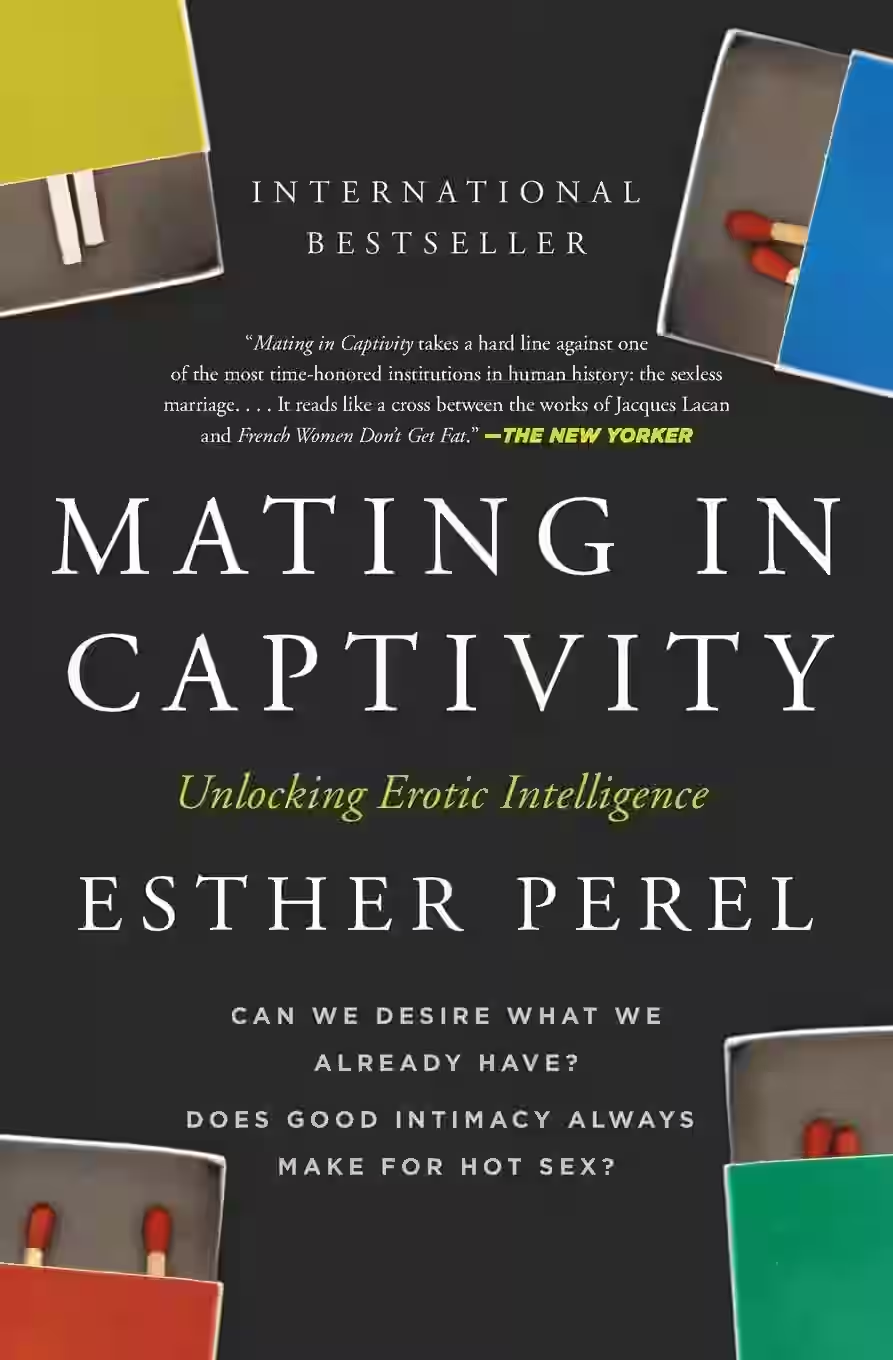
Mating in Captivity: Unlocking Erotic Intelligence
by Esther Perel
In 'Mating in Captivity: Unlocking Erotic Intelligence', renowned therapist Esther Perel delves into the intricate dynamics of desire, intimacy, and passion within long-term relationships. Drawing from her extensive experience, Perel challenges societal norms and encourages readers to explore the complex interplay between love and lust. Through insightful anecdotes and thought-provoking analysis, she offers a fresh perspective on maintaining eroticism in committed partnerships. This book sparks a candid dialogue about the challenges couples face in balancing security and adventure in their sexual lives. 'Mating in Captivity' is a compelling read that invites readers to reevaluate their perceptions of intimacy and redefine what it means to sustain desire within a monogamous relationship.
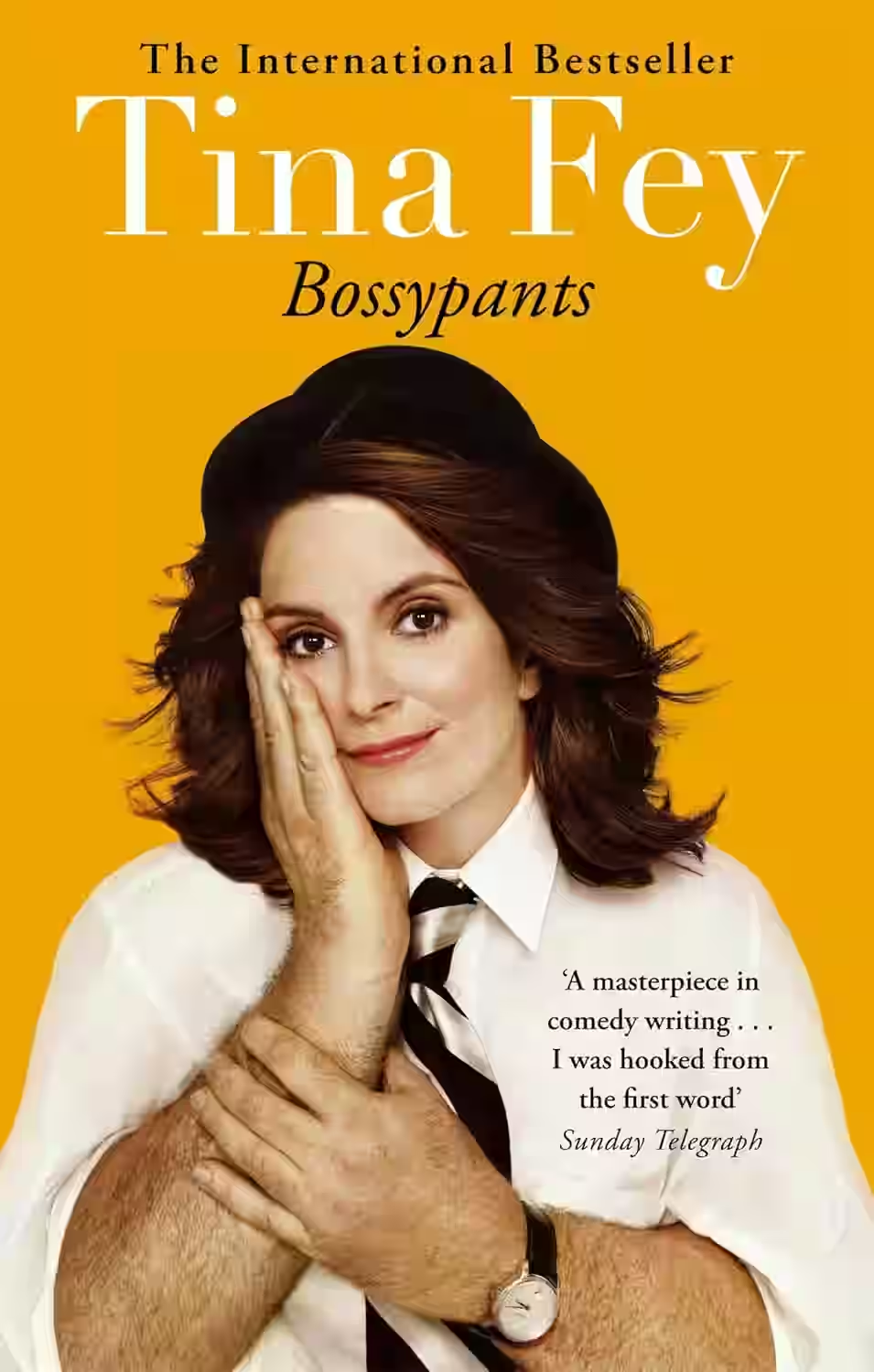
Bossypants
by Tina Fey
In 'Bossypants,' Tina Fey offers a witty and candid glimpse into her life, blending humor with insightful reflections on topics like feminism, motherhood, and the struggles of being a woman in the male-dominated entertainment industry. Through hilarious anecdotes and self-deprecating humor, Fey shares her journey from awkward teenager to powerhouse comedian, writer, and producer. The book explores her experiences on 'Saturday Night Live,' '30 Rock,' and her iconic Sarah Palin impression, providing readers with an entertaining and inspiring read. 'Bossypants' is a delightful mix of comedy and sincerity that resonates with readers seeking both laughter and wisdom.
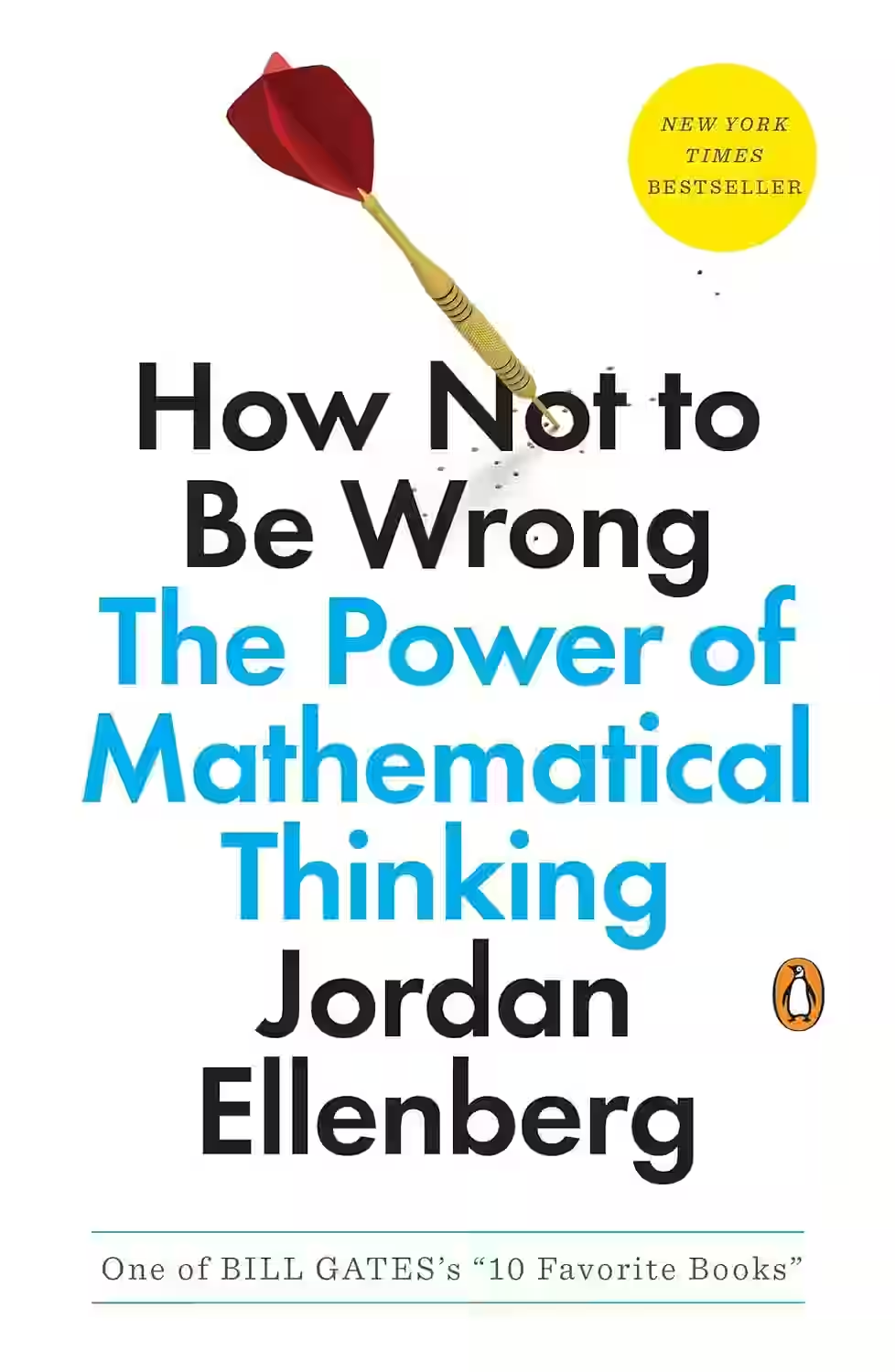
How Not to Be Wrong: The Power of Mathematical Thinking
In 'How Not to Be Wrong: The Power of Mathematical Thinking' by Jordan Ellenberg, readers are taken on a captivating journey through the world of mathematics and its practical applications in everyday life. Ellenberg masterfully explores how mathematical reasoning can be utilized to make better decisions, solve complex problems, and navigate a data-driven world with confidence. Through engaging anecdotes and clear explanations, he demystifies mathematical concepts like statistics and probability, showing readers that math is not just about numbers but about critical thinking and problem-solving. This insightful and thought-provoking book challenges readers to embrace the power of mathematical thinking in all aspects of their lives.
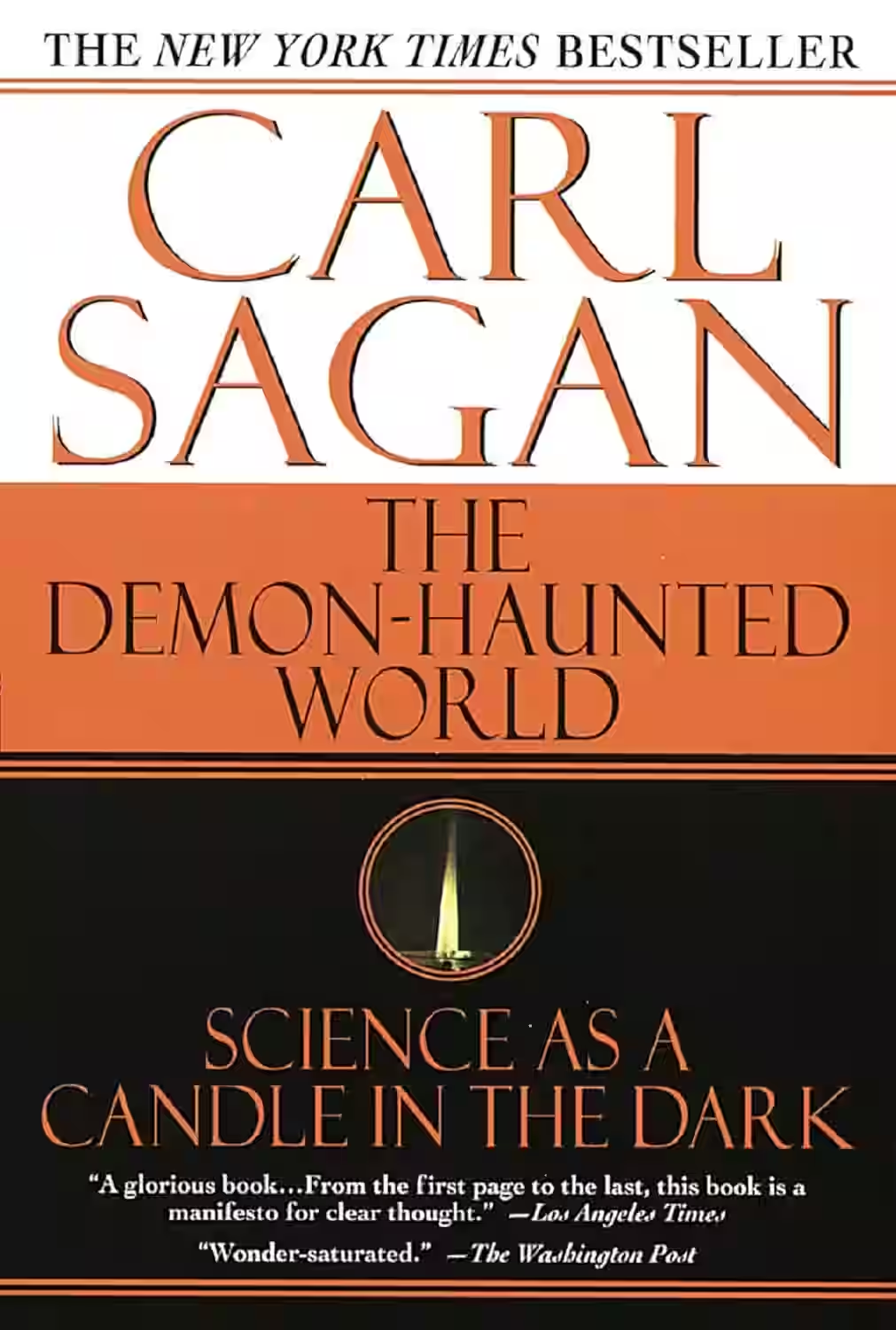
The Demon-Haunted World: Science as a Candle in the Dark
by Carl Sagan
In 'The Demon-Haunted World: Science as a Candle in the Dark', the iconic astrophysicist Carl Sagan explores the importance of critical thinking and the scientific method in a world often plagued by pseudoscience and superstition. Sagan takes readers on a journey through the wonders of the cosmos while also addressing the dangers of ignorance and irrationality. Through captivating anecdotes and compelling arguments, he advocates for a society that values evidence-based reasoning and skepticism. This enlightening book serves as a powerful reminder of the immense potential of science to illuminate our understanding of the universe and combat misinformation.
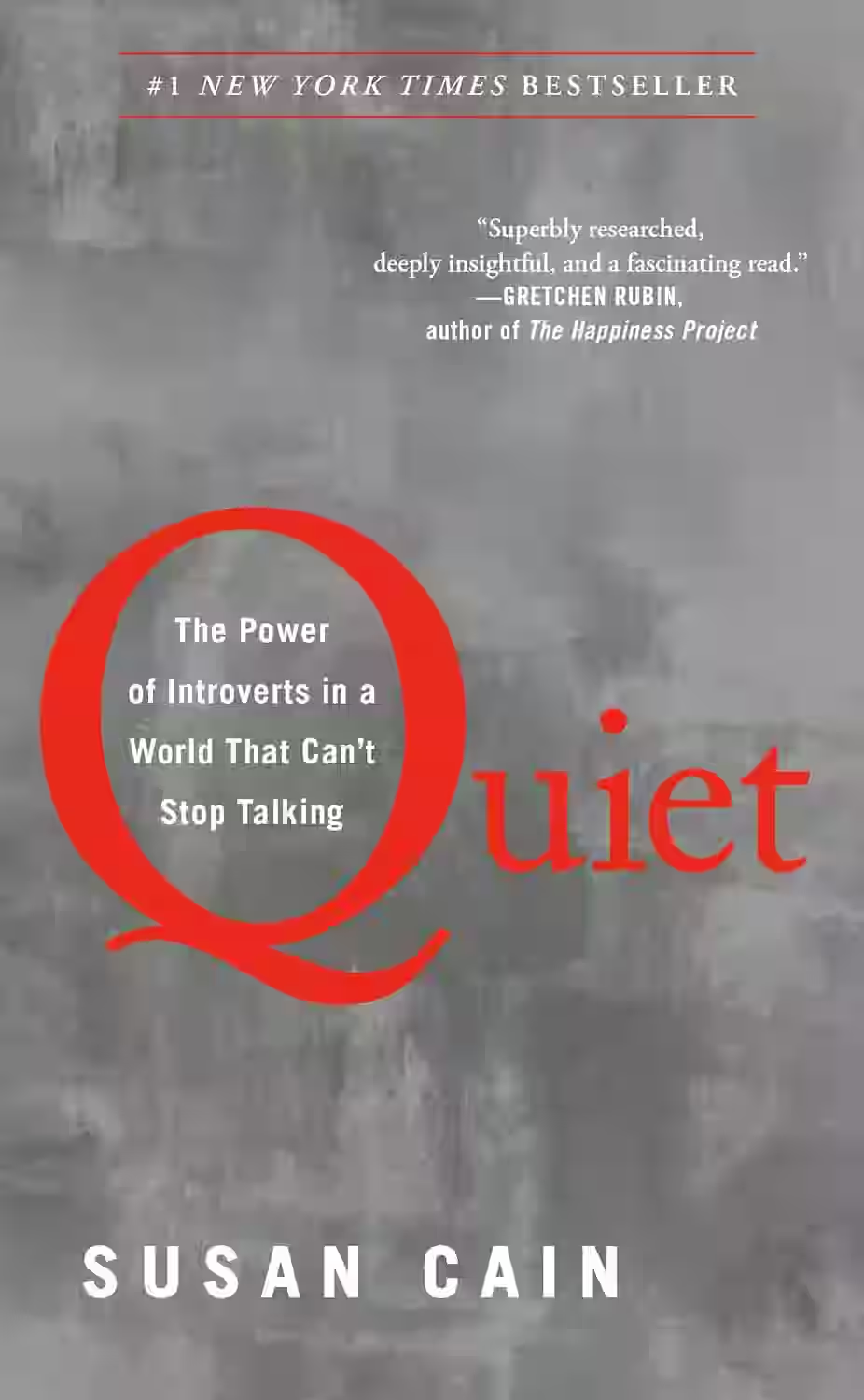
Quiet: The Power of Introverts in a World That Can't Stop Talking
by Susan Cain
Susan Cain's 'Quiet: The Power of Introverts in a World That Can't Stop Talking' is a thought-provoking exploration of introversion in a society that often values extroversion. Through a blend of research, personal anecdotes, and expert insights, Cain delves into the strengths and contributions of introverts, challenging the notion that being outgoing is the only path to success. She discusses how introverts can thrive in a world that often favors the loud and the gregarious, offering practical advice for both introverts and extroverts to better understand and appreciate one another. 'Quiet' is a compelling and empowering read that sheds light on the quieter voices often overlooked in a noisy world.

Men Explain Things to Me
Rebecca Solnit's 'Men Explain Things to Me' is a groundbreaking collection of essays that delves into the pervasive issue of mansplaining and its broader implications in society. Through her sharp wit and incisive analysis, Solnit not only exposes the patronizing tendencies of men but also highlights the systemic gender inequalities that underlie such behavior. She navigates through topics like gender violence, feminism, and the silencing of women's voices with a blend of personal anecdotes and well-researched arguments, making a compelling case for gender equality. This book serves as a rallying cry for women to be heard and respected in a world where their experiences are often invalidated. A must-read for anyone interested in gender politics and social justice.
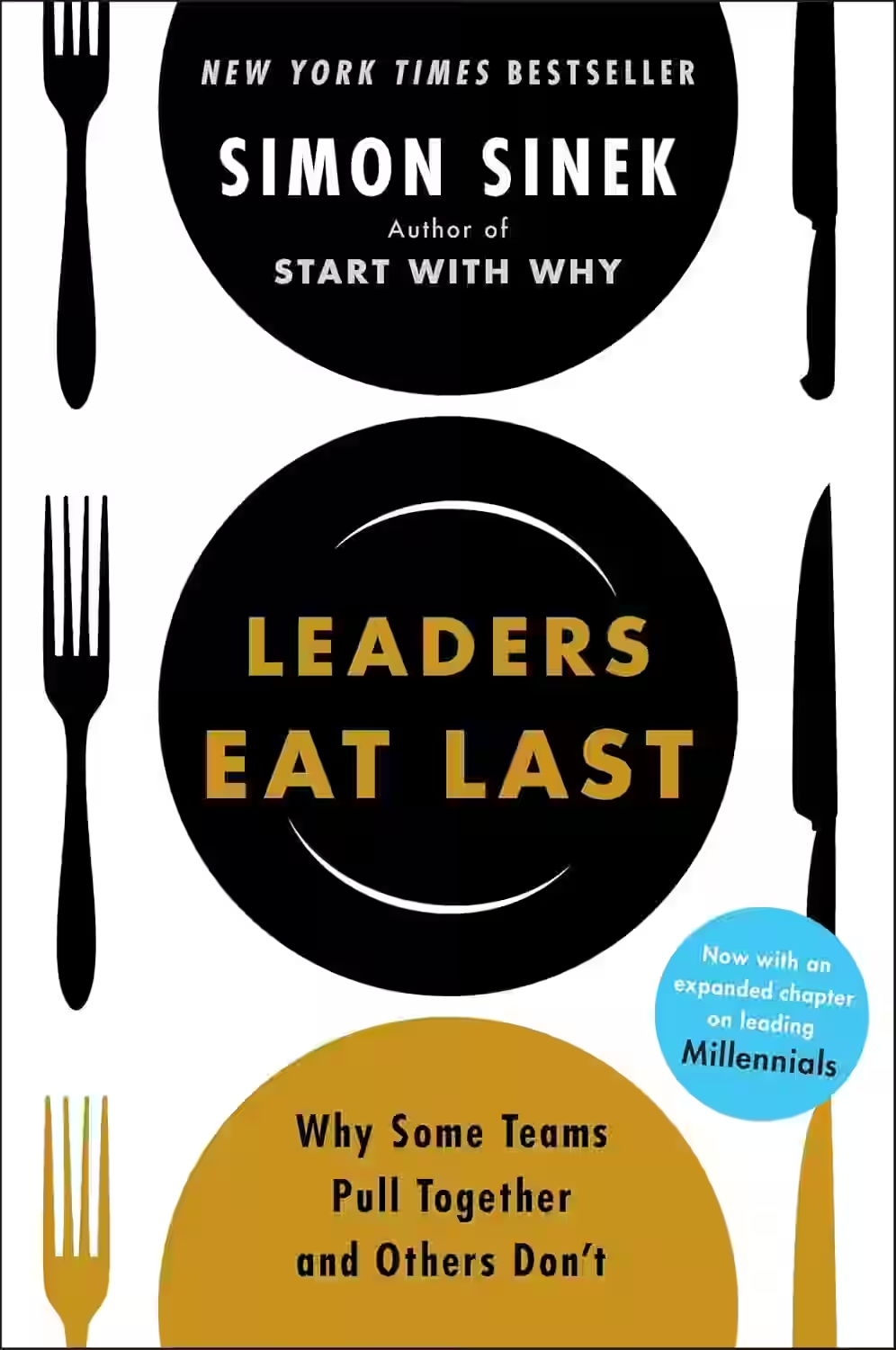
Leaders Eat Last: Why Some Teams Pull Together and Others Don't
by Simon Sinek
In 'Leaders Eat Last: Why Some Teams Pull Together and Others Don't,' Simon Sinek delves into the dynamics of leadership and teamwork, exploring why some groups excel while others flounder. Sinek employs engaging storytelling and insightful analysis to highlight the importance of selflessness, trust, and empathy in leaders. He argues that placing the well-being of team members first not only fosters a more positive work environment but also drives greater success and fulfillment. Drawing on real-world examples and scientific research, Sinek offers practical guidance for creating a culture of collaboration and accountability. This book is a compelling read for anyone interested in effective leadership and building strong teams.
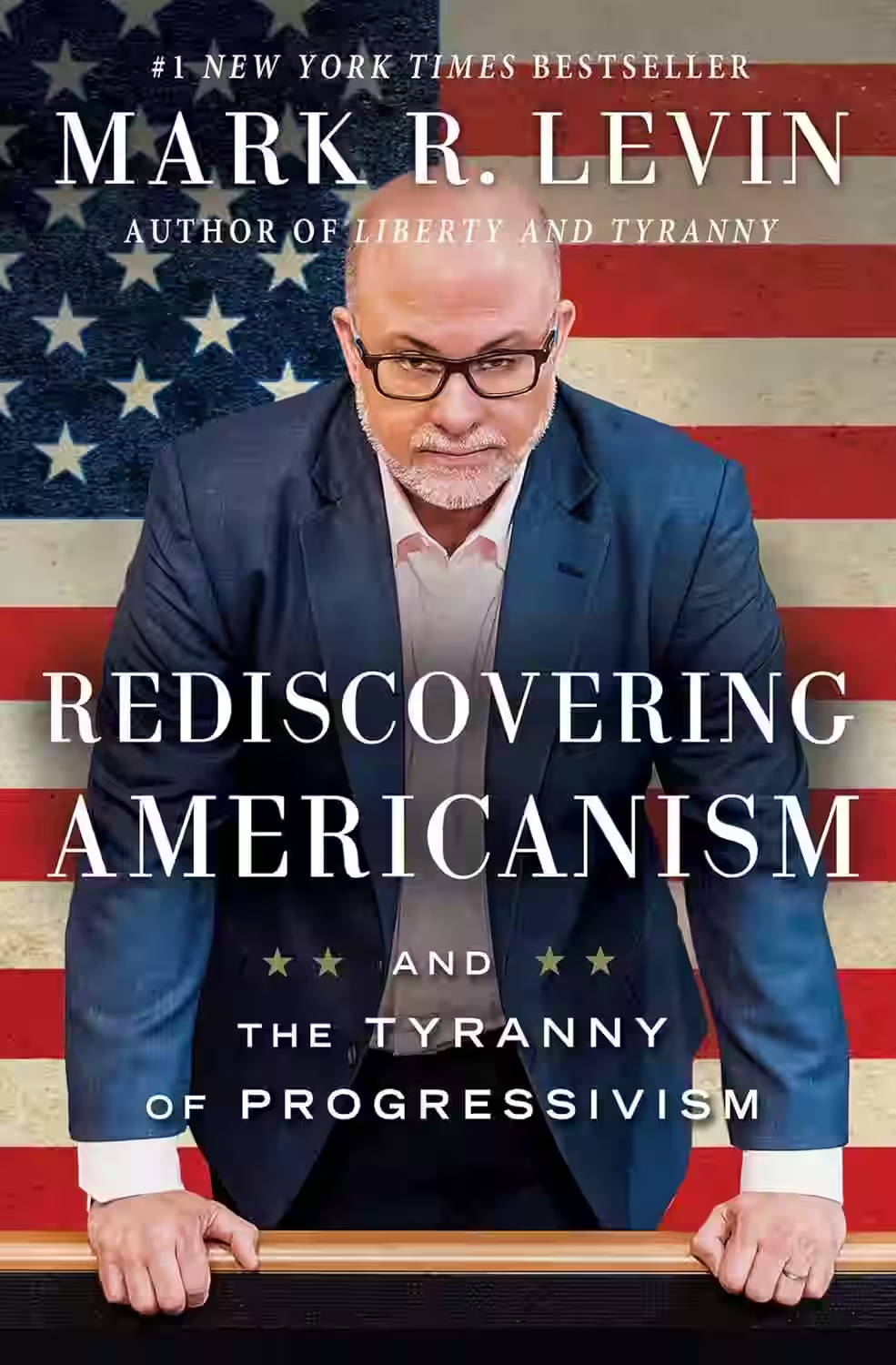
Rediscovering Americanism: And the Tyranny of Progressivism
In 'Rediscovering Americanism: And the Tyranny of Progressivism,' Mark R. Levin delves into the core principles of American conservatism and the dangers posed by the progressive movement. Through a comprehensive analysis, Levin examines the Founding Fathers' vision for America, emphasizing individual liberty, limited government, and free markets. He critiques the progressive ideology for its deviation from these principles, highlighting its threat to the American republic. Levin's compelling argument calls for a return to the roots of Americanism to safeguard the nation's future. This thought-provoking book challenges readers to reconsider their understanding of American values and the ongoing battle between conservatism and progressivism.
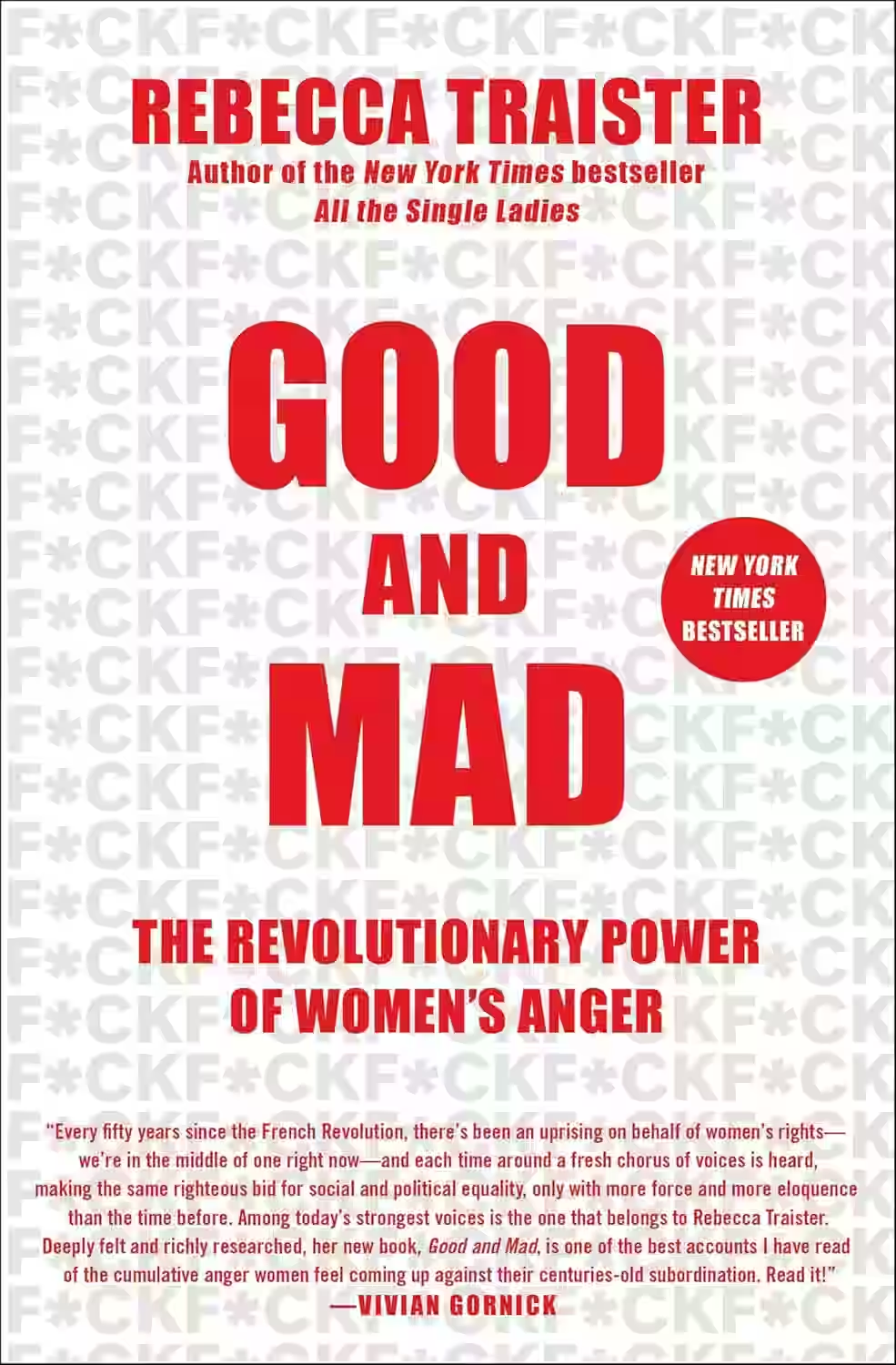
Good and Mad: The Revolutionary Power of Women's Anger
In 'Good and Mad: The Revolutionary Power of Women's Anger' by Rebecca Traister, the author delves into the history, impact, and significance of women's anger as a catalyst for social and political change. Traister explores how women's anger has been historically suppressed and marginalized, but also how it has fueled progressive movements and shaped the course of history. Through a compelling blend of personal anecdotes, feminist analysis, and historical context, Traister powerfully argues that women's rage is a force to be reckoned with. This book is a thought-provoking and empowering examination of the transformative power of anger in the fight for gender equality and social justice.
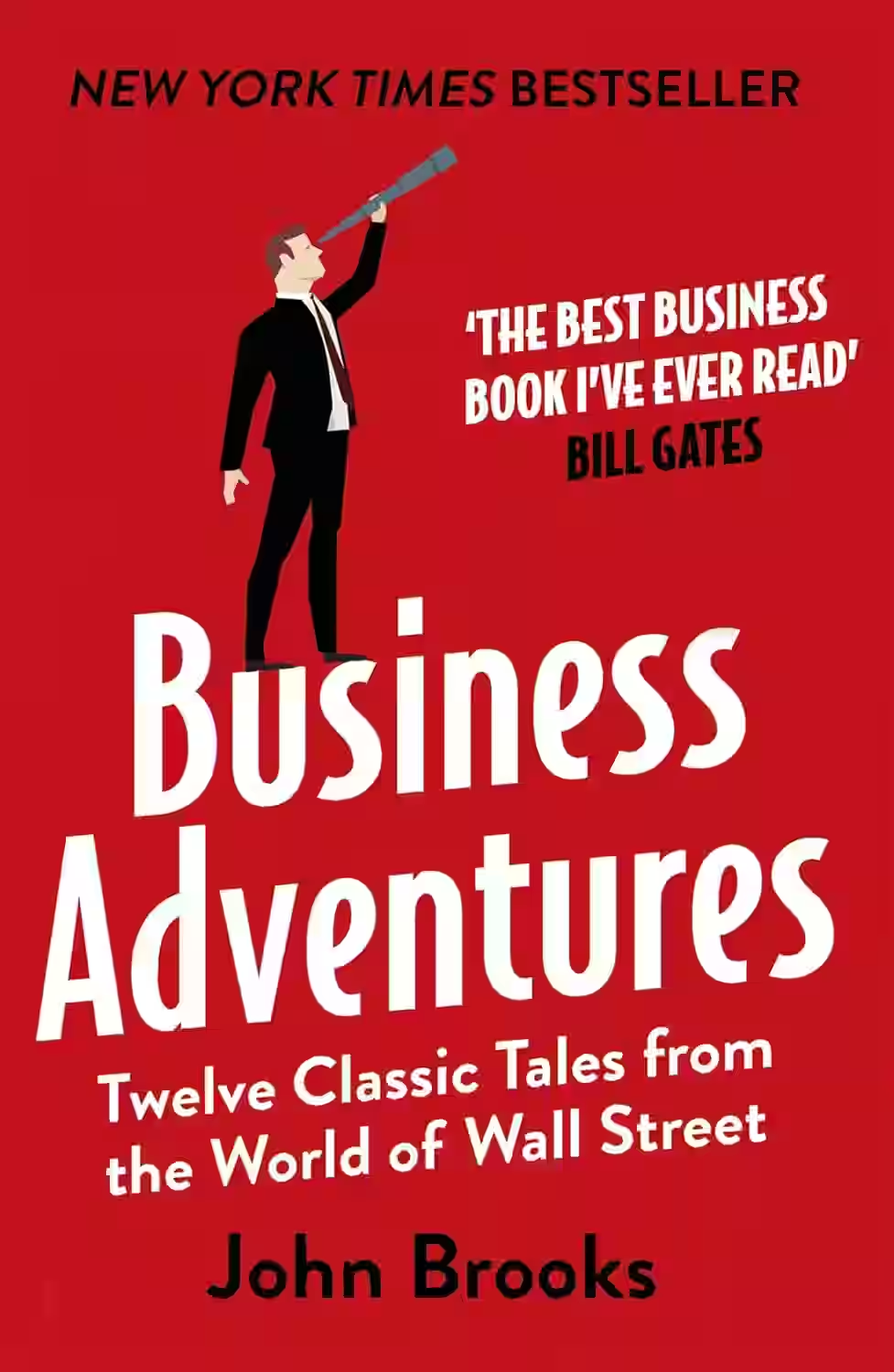
Business Adventures
by John Brooks
In 'Business Adventures,' John Brooks delves into the intriguing world of business through a collection of twelve riveting tales that explore the highs and lows of corporate America. Through detailed narratives of various business events, Brooks sheds light on timeless lessons that remain relevant in today's business landscape. From the rise and fall of giants like Ford and Xerox to the financial intricacies of the stock market crash in 1962, this book offers valuable insights into the essence of entrepreneurship, management, and decision-making. Brooks' storytelling prowess and keen observations make 'Business Adventures' a classic that continues to captivate and educate readers.
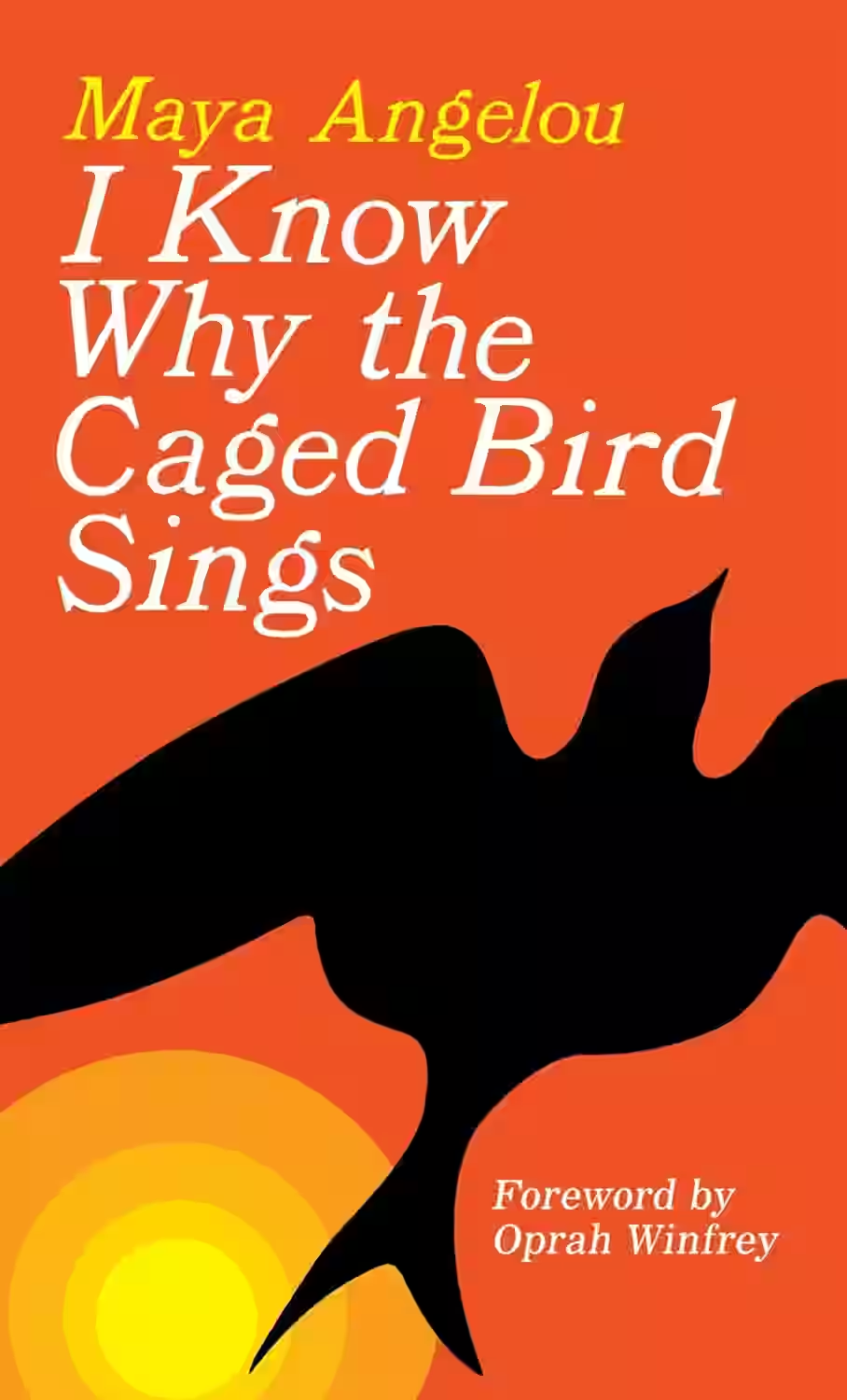
I Know Why the Caged Bird Sings
by Maya Angelou
Maya Angelou's 'I Know Why the Caged Bird Sings' is a poignant and powerful memoir that delves into the author's early years. Set against the backdrop of the racially segregated American South, Angelou's coming-of-age story explores themes of racism, trauma, resilience, and self-discovery. Through vivid storytelling, she navigates her personal struggles and triumphs, shedding light on the harsh realities of her upbringing while also celebrating the strength of the human spirit. With lyrical prose and unflinching honesty, Angelou invites readers to witness her journey towards finding her voice and asserting her identity in a world that seeks to silence her. A timeless classic that continues to resonate with audiences today.
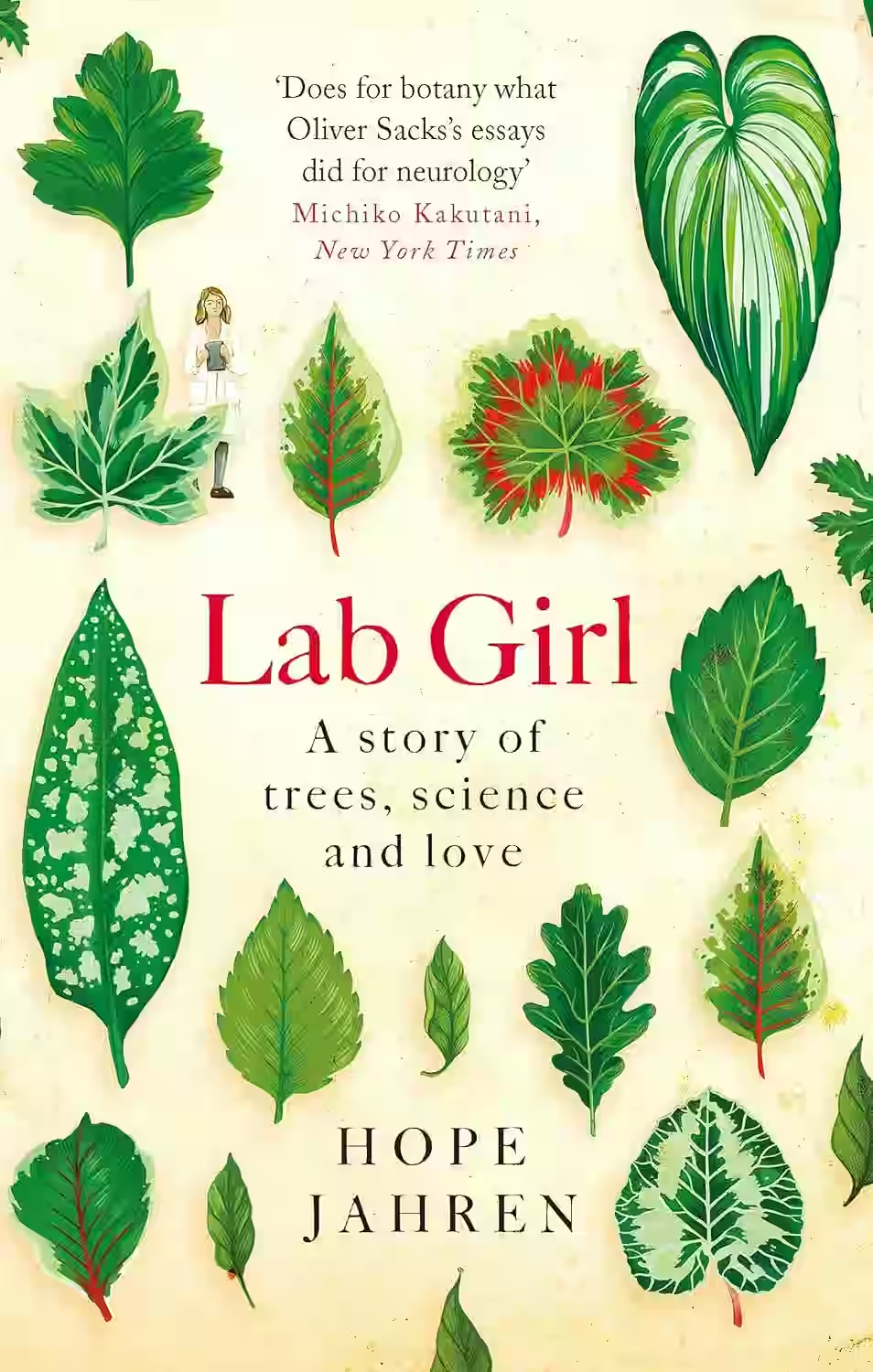
Lab Girl
by Hope Jahren
In 'Lab Girl' by Hope Jahren, readers are taken on a captivating journey through the life of a woman who finds solace and purpose in the world of science. Jahren intertwines stories of her personal struggles, triumphs, and unique perspective on the natural world as a botanist. The book beautifully explores themes of resilience, friendship, and the relentless pursuit of knowledge. With vivid prose and heartfelt anecdotes, Jahren paints a picture of the wonders of nature and the joys of scientific discovery. 'Lab Girl' is a poignant memoir that will inspire readers to appreciate the beauty of the world around them and the power of perseverance.

Let's Explore Diabetes with Owls
In 'Let's Explore Diabetes with Owls' by David Sedaris, readers are taken on a hilarious and thought-provoking journey through a collection of essays that explore themes of family, culture, and identity. Sedaris' witty and self-deprecating humor shines as he shares insightful and often absurd anecdotes from his life, offering a unique perspective on the world around him. From his quirky encounters while traveling to his reflections on growing up in a large family, this book is a delightful mix of comedy and sincerity that will leave readers both laughing out loud and pondering life's deeper questions.
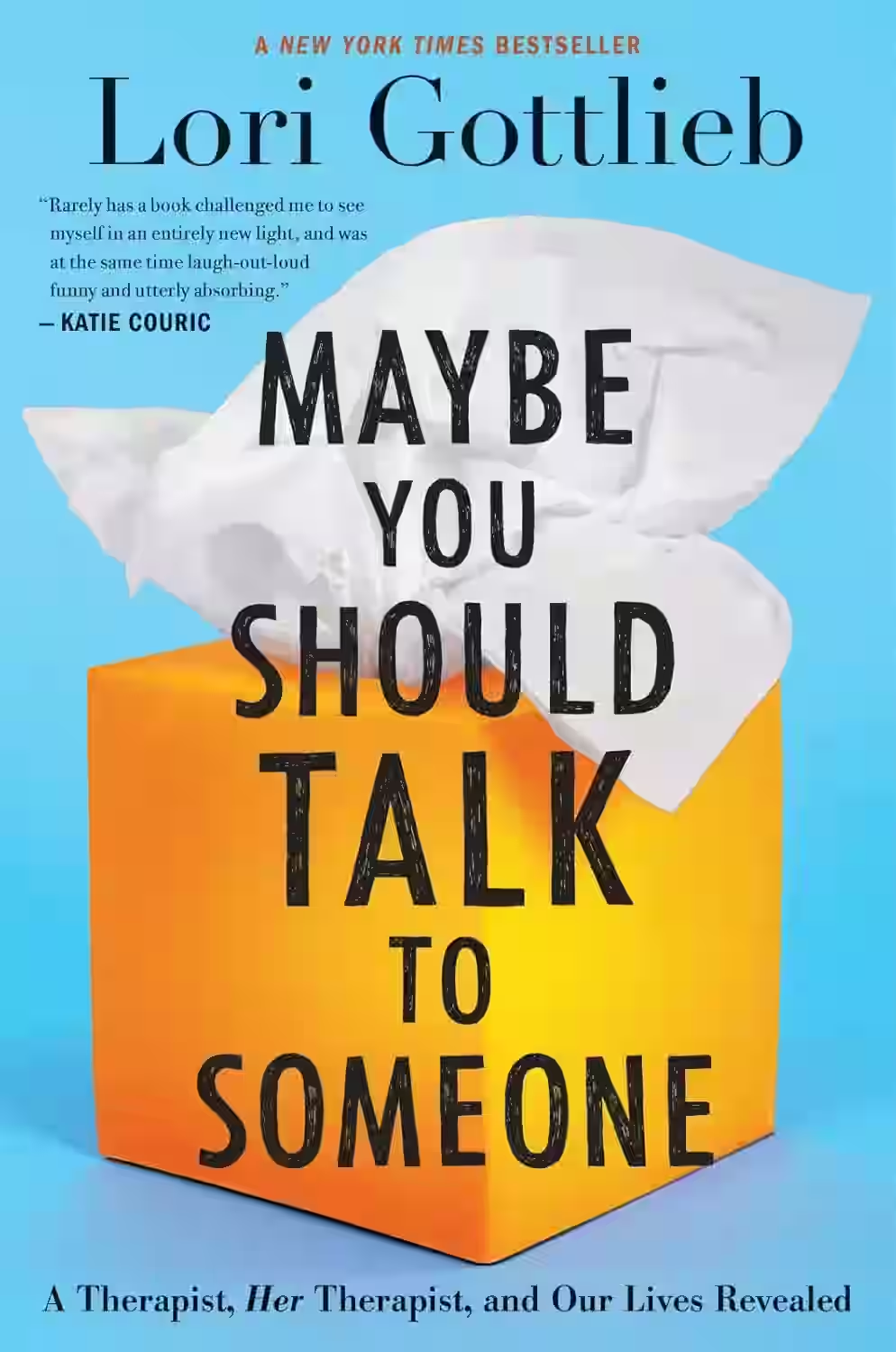
Maybe You Should Talk to Someone: A Therapist, HER Therapist, and Our Lives Revealed
In 'Maybe You Should Talk to Someone' by Lori Gottlieb, readers are taken on a captivating journey through the intertwined lives of a therapist and her own therapist. Through poignant and insightful storytelling, Gottlieb delves into themes of human connection, vulnerability, and mental health with honesty and humor. The narrative beautifully weaves between the author's personal experiences and those of her clients, offering a glimpse into the complexities of the human psyche and the transformative power of therapy. This book is a compelling exploration of the struggles and triumphs that shape our lives, leaving readers with a deeper understanding of the universal quest for meaning and healing.
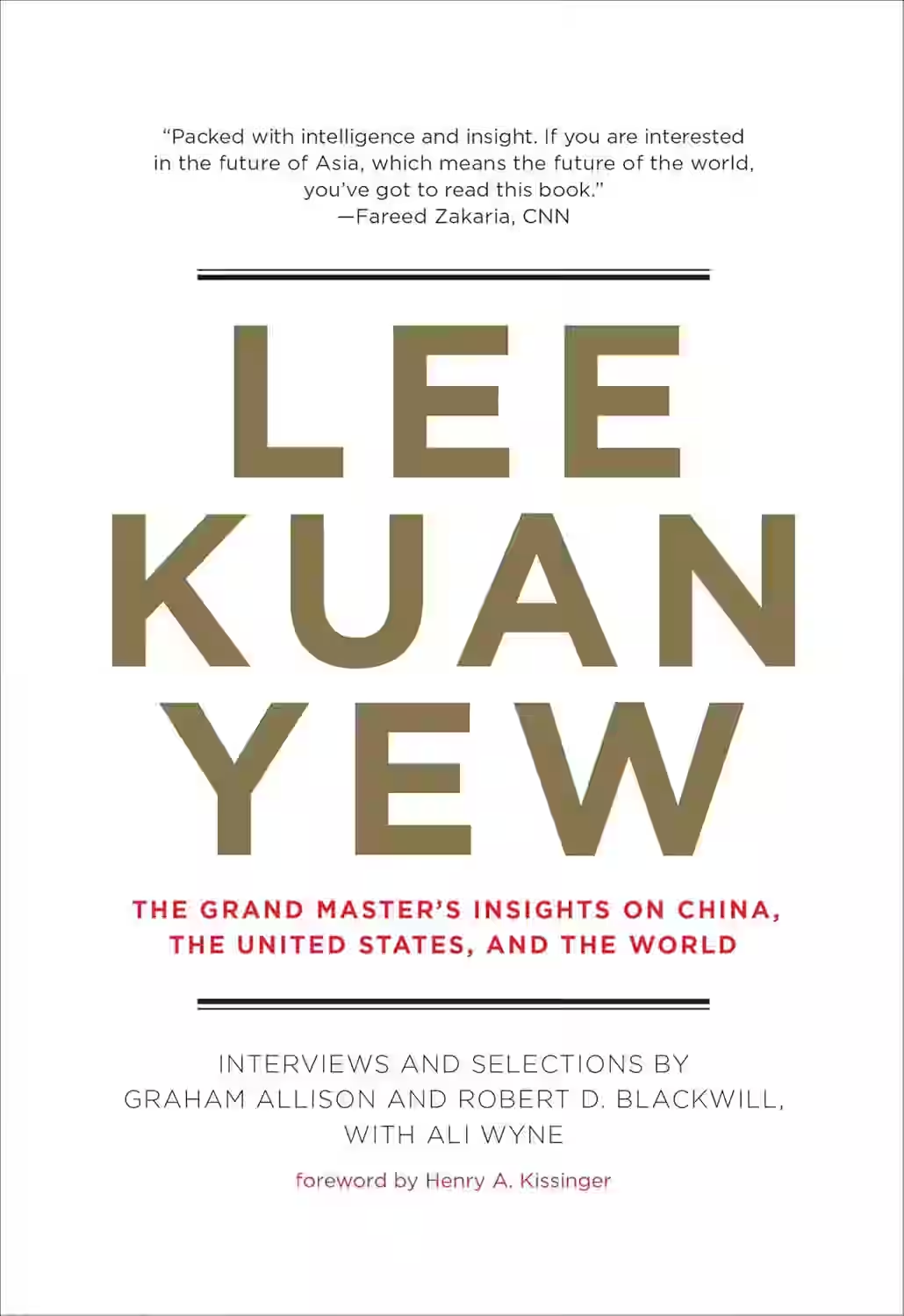
The Grand Master's Insights on China, the United States, and the World
In 'The Grand Master's Insights on China, the United States, and the World,' Graham Allison, a renowned political scientist, offers a compelling analysis of the complex dynamics between China and the United States, exploring their interactions and implications for global politics. Drawing on his expertise, Allison delves into the historical context, strategic calculations, and potential pitfalls that shape the relationship between these two global powers. Through insightful anecdotes and data-driven arguments, he sheds light on the challenges and opportunities that arise from their interactions, providing readers with a deeper understanding of the intricacies of international relations.
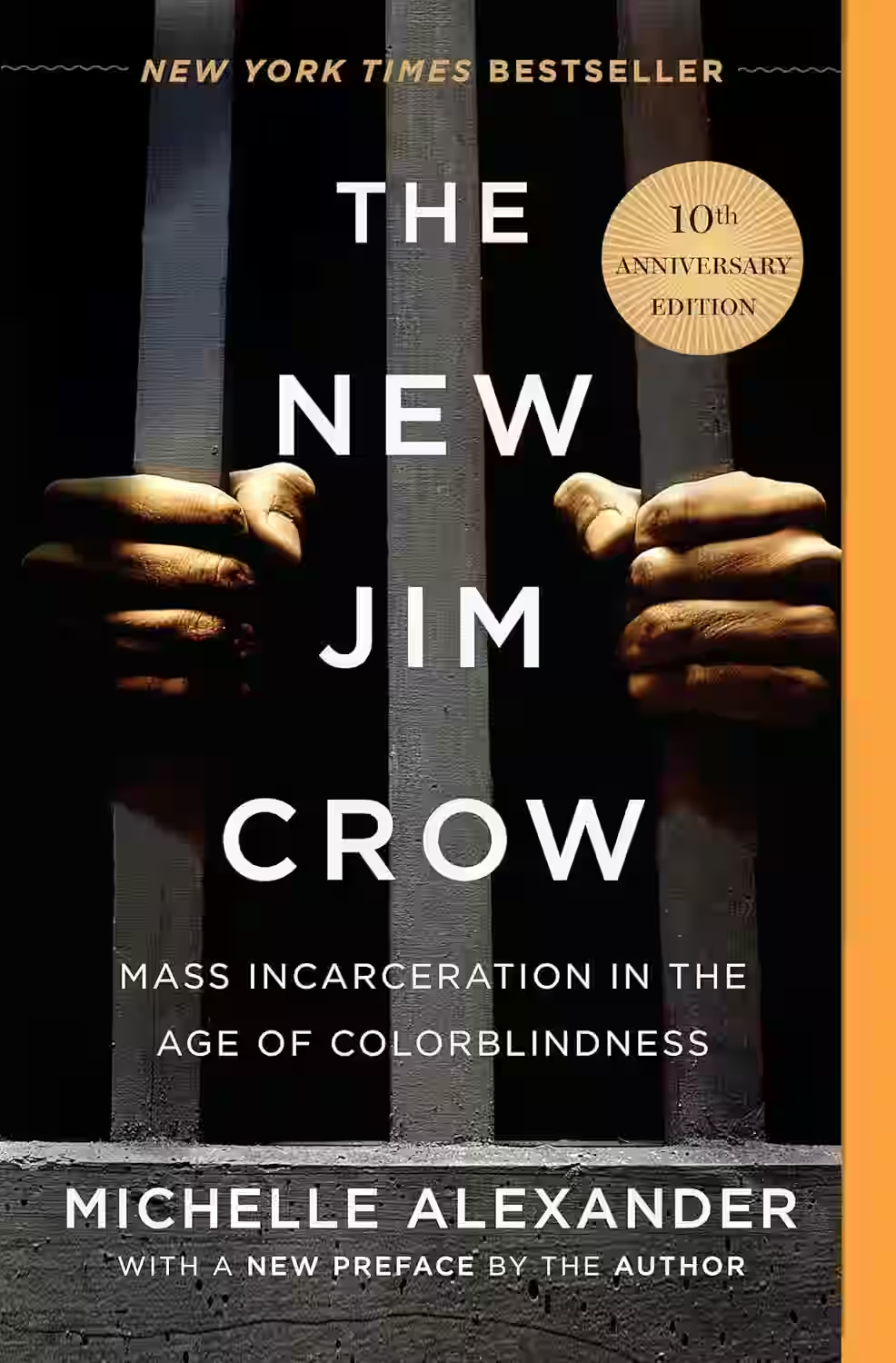
The New Jim Crow: Mass Incarceration in the Age of Colorblindness
In 'The New Jim Crow: Mass Incarceration in the Age of Colorblindness' by Michelle Alexander, readers are confronted with a powerful and meticulously researched examination of the US criminal justice system. Alexander eloquently argues that America's mass incarceration policies have perpetuated a racial caste system akin to the Jim Crow laws of the past, disproportionately affecting Black and Brown communities. Through compelling narratives and sobering statistics, she sheds light on the systemic inequalities, racial profiling, and biases that perpetuate this modern-day form of oppression. This book challenges readers to critically examine the intersection of race, justice, and society, making it an essential read for anyone seeking to understand and address issues of racial injustice in America.
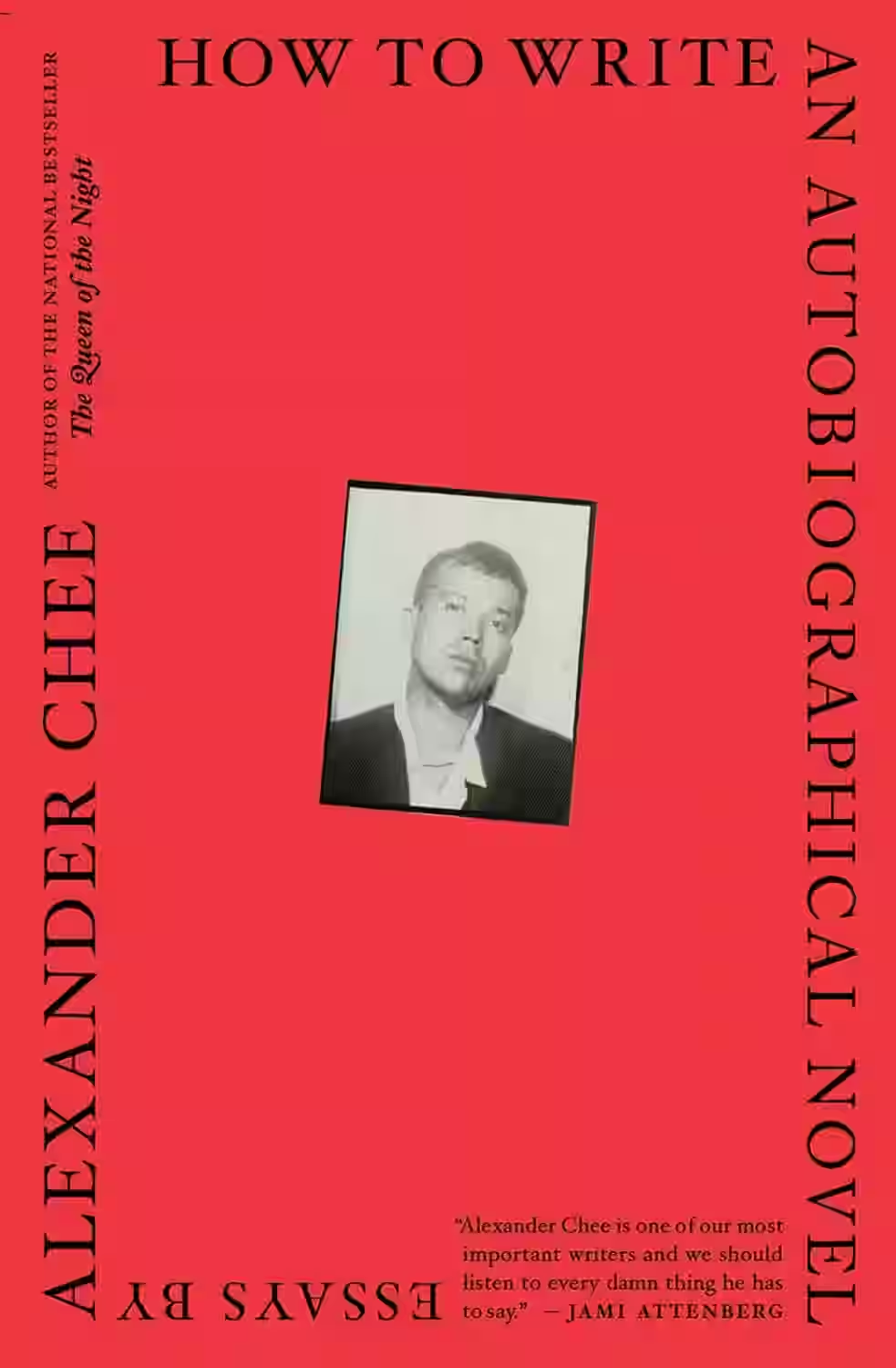
How to Write an Autobiographical Novel
In 'How to Write an Autobiographical Novel,' Alexander Chee delivers a collection of insightful and thought-provoking essays that explore identity, creativity, and the power of storytelling. Through personal anecdotes and reflections, Chee dives deep into his own experiences with topics such as politics, sexuality, and family, offering readers a poignant glimpse into the complexities of human existence. His prose is both elegant and emotionally resonant, drawing readers into a world where vulnerability and resilience intersect. This book is a testament to the transformative nature of writing and the ways in which it can help us make sense of our lives.
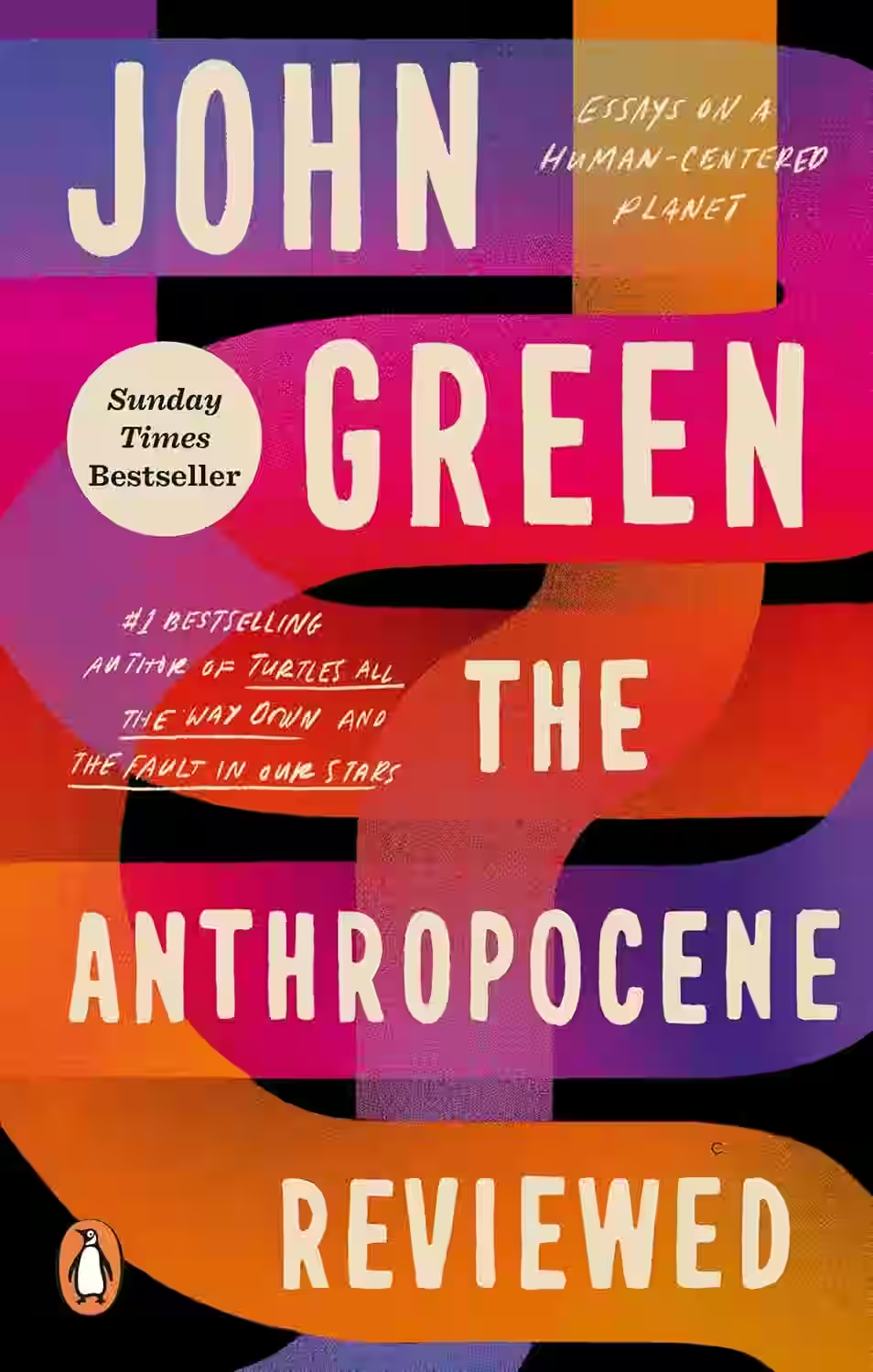
The Anthropocene Reviewed
by John Green
In 'The Anthropocene Reviewed,' John Green skillfully weaves together personal reflections and insightful commentary on various aspects of human existence, offering a poignant exploration of modern life. Through a series of essays where he reviews different aspects of the Anthropocene, ranging from Hawaiian pizza to the internet, Green delves into themes of connection, loss, hope, and the complexities of being human in a rapidly changing world. With his trademark wit and vulnerability, he invites readers to ponder the beauty and fragility of our shared experiences. This book is a thought-provoking journey that will resonate with anyone seeking a deeper understanding of our place in the Anthropocene.
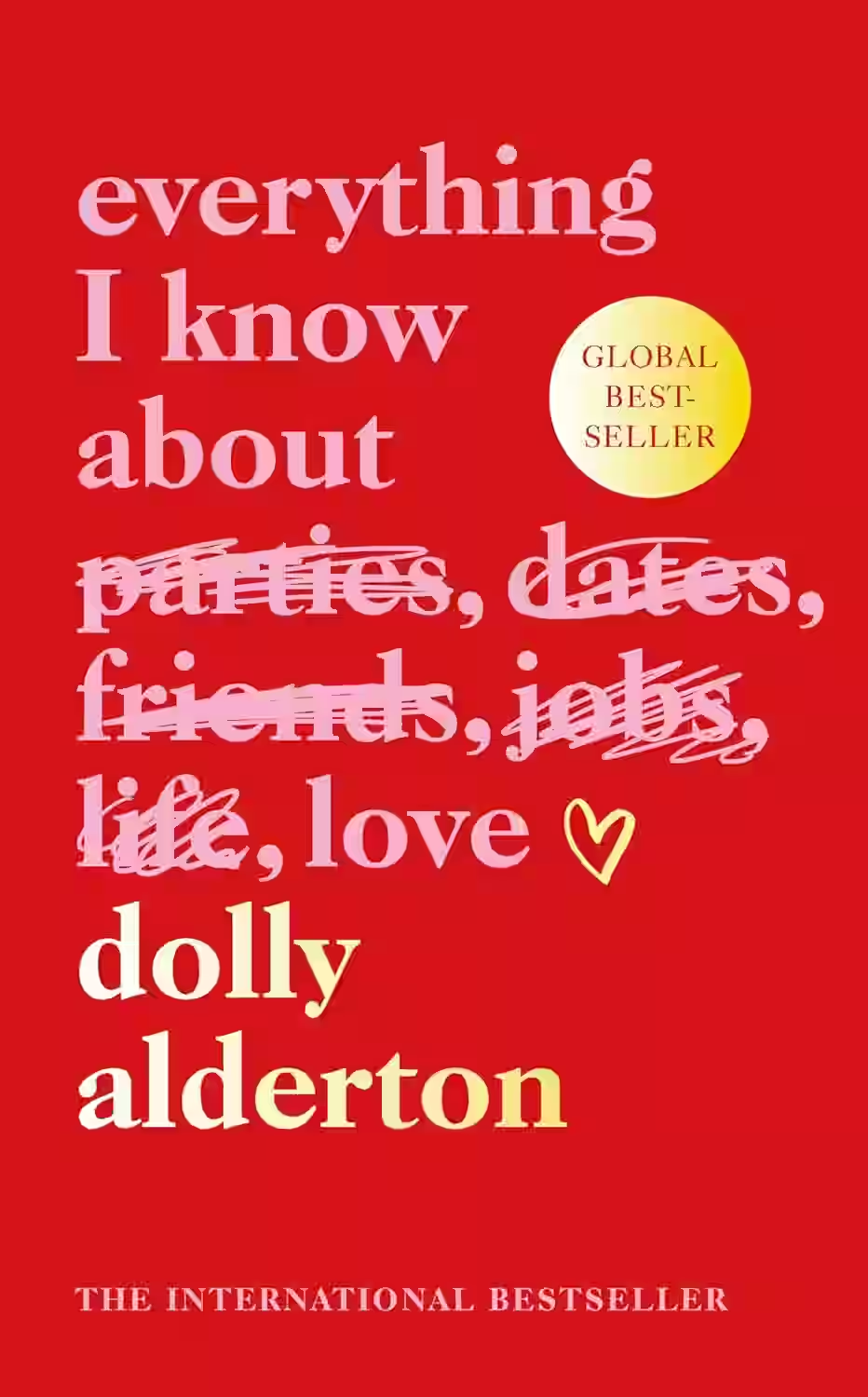
Everything I Know About Love
In 'Everything I Know About Love' by Dolly Alderton, readers are taken on a poignant journey exploring love in its various forms - friendships, relationships, self-love, and heartbreaks. Alderton weaves together hilarious anecdotes and raw emotions to create a brutally honest portrayal of navigating love in the modern world. Through her personal experiences, she delves into themes of growing up, finding oneself, and learning valuable life lessons along the way. This memoir-like narrative resonates with readers of all ages, offering a relatable and insightful perspective on the complexities of love and relationships.
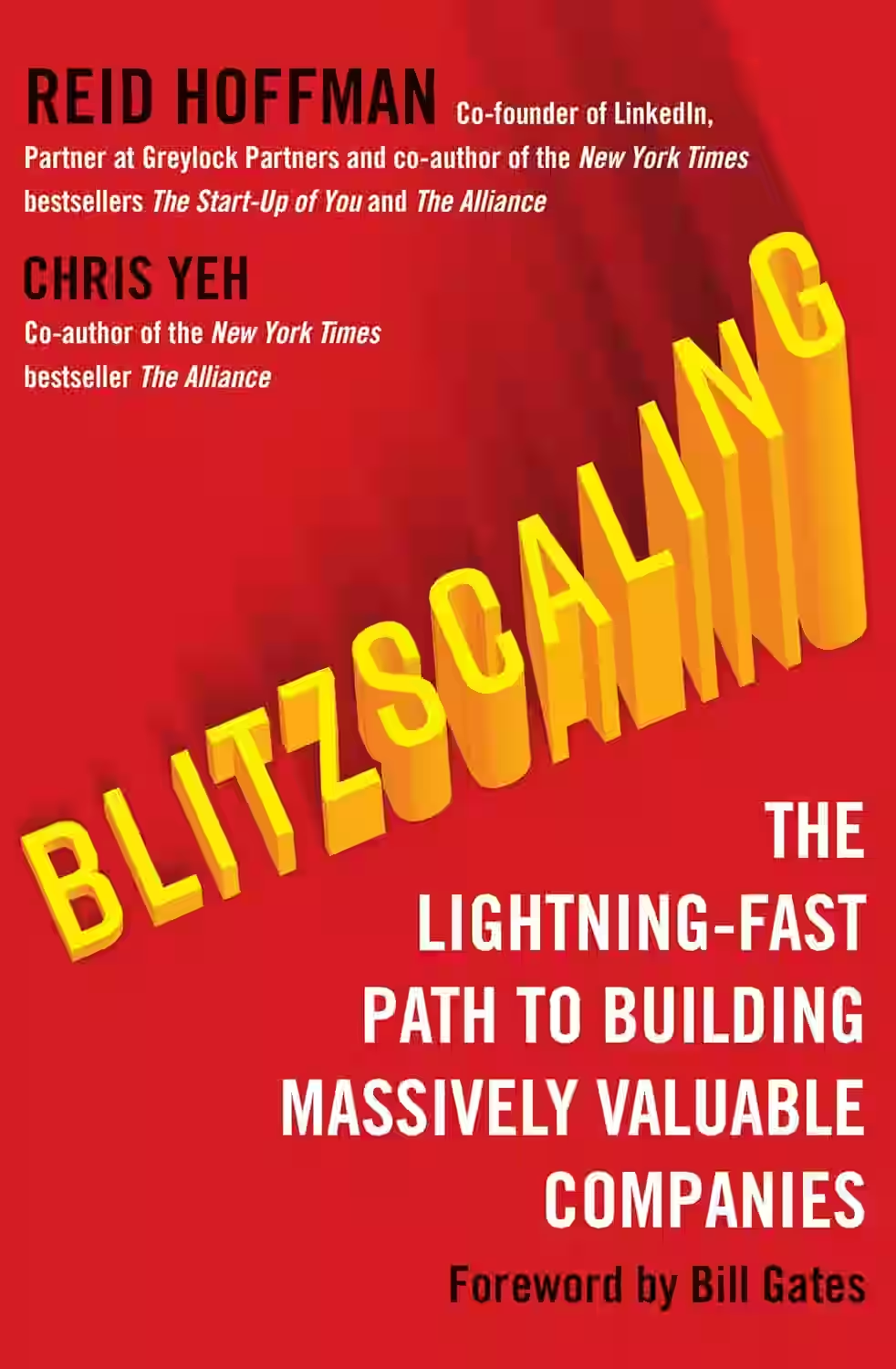
Blitzscaling
In 'Blitzscaling,' Reid Hoffman, a co-founder of LinkedIn, delves into the concept of rapidly scaling a business in a way that prioritizes speed over efficiency. Through case studies and real-world examples, Hoffman explores the strategies and challenges companies face when aiming for exponential growth, emphasizing the importance of prioritizing growth above all else. The book offers valuable insights into navigating the complexities of scaling a startup and shares practical advice on when to 'blitzscale' and when to proceed with caution. With a focus on disruption and innovation, 'Blitzscaling' is a must-read for entrepreneurs and business leaders looking to propel their organizations to new heights.